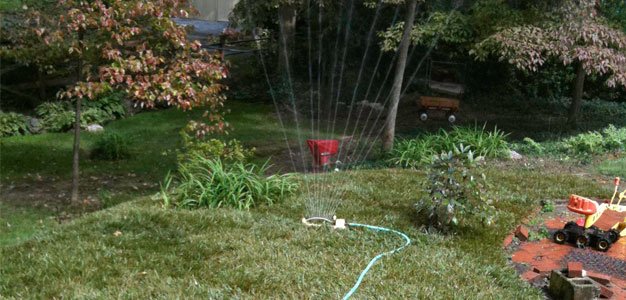It is something of a myth outside the States that we do not have underground sewerage collection tunnels and that all our utility cables and communication wires are strung up on poles along the streets. Like many myths these beliefs are a somewhat simplistic view of reality. True, sewers came somewhat late to American cities – starting around the 1850’s with Chicago being one of the first.
Obviously people living in apartments in Brooklyn or Queens cannot have their own, individual cesspits or septic tanks and have to rely on a centralized collection arrangement; therefore, there is a demand for some Sewer Cleaning On Long Island; but, that is not the subject of this article. Here, we are looking at the more rural and suburban parts of Long Island; such as Suffolk County; where individual homes are going to be looking after their own sewerage by means of septic tank and cesspool type arrangements – these, individual, domestic sewers will also require Sewer Cleaning On Long Island. Although, I suppose; that it would be more correct to talk about maintenance and cleaning of septic tanks and cesspools.
Responsible For Our Own Waste Water Treatment
Those of us living in landed property outside the towns and cities cannot simply flush our sewerage away; neither can we pull the plug and allow our other domestic liquid waste (from dishwashers, washing machines, bathtubs, etc) to drain away to somewhere. If we wish to be really protective of the environment that we live in; we even need to be careful what we do with the surface (rainwater) run off on our land. Groundwater is a precious resource and we will end up drinking some of it; therefore, we must all do our part to maintain our water’s quality.
It Drains To Somewhere
Because we effectively generate 3 different types of liquid waste; we have 3 different sets of waste pipes any of which could become blocked with some form of solid deposits and require basic Sewer Cleaning On Long Island. Silting up of pipes is a problem for all drainage no matter which kind of liquid waste is being disposed of. Soil and leaves get washed into rainwater pipes and culverts; oils, fats and small pieces of vegetable matter get carried away with the dishwater; even the residue from soap and shampoos can build up and block pipes; however, as you would expect, it is in the septic system that solids will most often become a problem and a contractor needs to be called in on a regular basis to remove sludge from your tanks.



